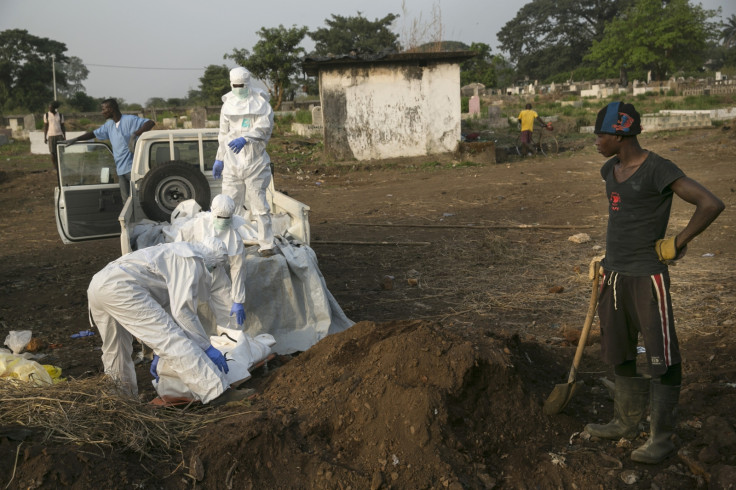Ebola vaccine found safe but immune response lower than expected

Clinical trials of the Ebola vaccine jointly developed by GlaxoSmithKline and the US National Institutes of Health indicate it to be safe, though the immune response it generated was lower than expected.
It will now be tested on patients in West Africa.
Most adverse events reported by the volunteers were mild such as moderate fever which passed in a day.
The trial conducted at Oxford University's Jenner Institute saw a total of 60 healthy volunteers inoculated with a modified chimpanzee cold virus.
The immune responses observed in the vaccine recipients were less than those seen in monkeys that were protected from experimental Ebola virus infection.
The antibody response seen was weaker than that from a US study which tested a significantly higher dose of the same vaccine.
It is still not fully clear what degree of immunity humans require for protection from the virus. Larger trials like the one in West Africa are expected to throw more light.
Researchers are also assessing an option, involving a booster dose, for improving immune response levels, reports The Guardian.
Trial leader professor Adrian Hill, from the Jenner Institute, said: "The results are very encouraging in terms of the safety profile of the vaccine.
"We have seen an immune response in the great majority of people receiving the vaccine."
Immune response disappoints
The primary goal of the trial was to assess safety but scientists also measured immune responses to Ebola seen in the participants.
The vaccine developed against the Zaire strain of Ebola, was found to generate immunity with levels of antibodies increasing over a period of 28 days.
Three groups of volunteers received different vaccine doses varying from low to high. It was well tolerated at all three doses.
Molecular virologist professor Jonathan Ball, from the University of Nottingham, said: "The data have confirmed that the GSK vaccine is well tolerated, with only a small number of people experiencing very minor side effects, which is good news.
"The vaccine was also capable of provoking an immune response, although the overall potency of this response was a tad disappointing."
The trial findings are published in the New England Journal of Medicine (NEJM).
Several trials of the GSK/NIH vaccine have been fast-tracked in the US, the UK, Mali and Switzerland in response to the Ebola outbreak.
Since the start of the outbreak in March last year, Ebola has claimed more than 8,600 lives mostly in Guinea, Liberia and Sierra Leone.
More than 21,797 cases of the infection have been reported.
© Copyright IBTimes 2025. All rights reserved.



















